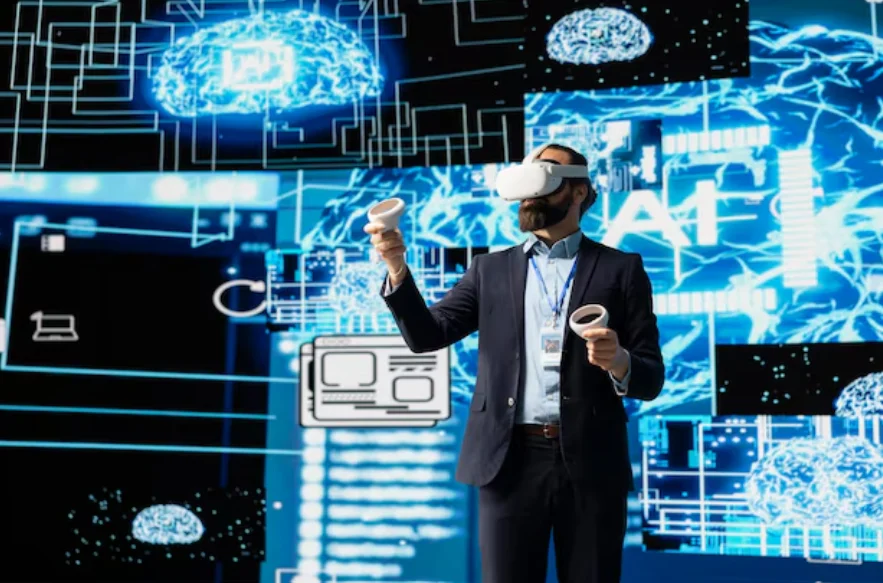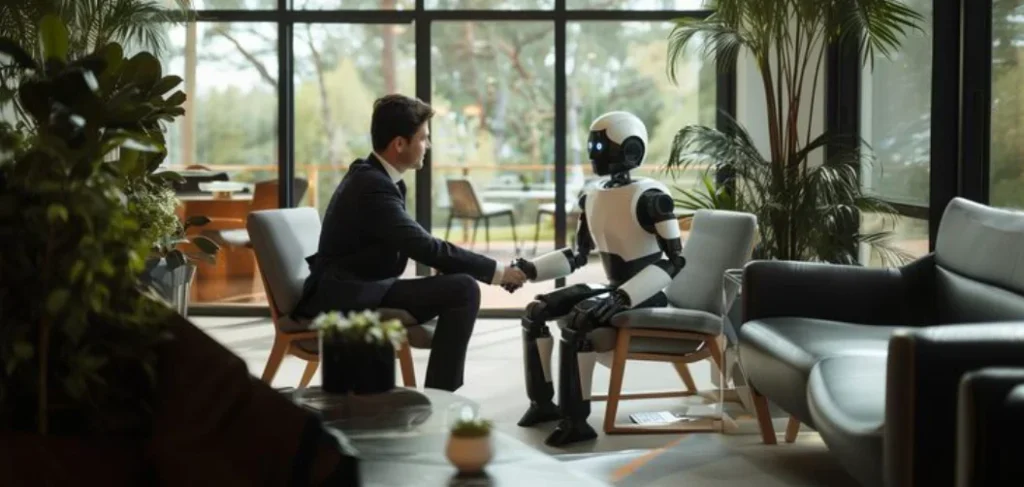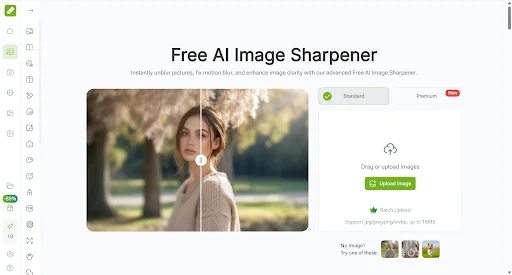
Do you remember when snapping a photo meant lugging around clunky cameras and film rolls? The way we capture memories has dramatically transformed, especially in recent years. Thanks to smartphones, we now have powerful cameras right in our pockets, making photography more accessible than ever before.
But this game has another player: artificial intelligence (AI). As AI technology advances, it’s reshaping how we take and edit photos. Editing tools empowered by AI offer unprecedented creative possibilities but raise ethical dilemmas as they blur the line between reality and fiction, prompting us to reconsider the authenticity of the images we create and consume.
Securing Your Digital Archives
Today, powerful cameras are readily available, allowing us to document our lives effortlessly. Our memories no longer solely reside in physical albums but also in the vast expanse of the Cloud, accessible anytime, anywhere. However, with this convenience comes the crucial need to safeguard our memories and sensitive data. This is where tools like VPNs come into play.
For instance, if you are using a PC, ExpressVPN for PC provides essential protection by preserving the integrity of our photographic treasures and personal information. With robust encryption and a user-friendly interface, VPNs ensure your photos and data stay secure, offering peace of mind as you capture life’s precious moments.
The Era of Digital Manipulation
In the past, photographers heavily leaned on software like Photoshop to enhance and manipulate their images. However, social media has ushered in a new era where everyday users also utilize editing tools to craft seemingly flawless appearances. This widespread adoption has blurred the line between reality and fantasy, particularly with the emergence of highly realistic photos generated by AI algorithms. While these technological advancements offer exciting possibilities for creative expression, they also raise profound ethical questions. As we navigate this digital landscape, we’re compelled to ponder: what implications does this blurred boundary hold for the future of the art of photography?
AI’s Impact on the Photography Industry
Integrating AI into photography marks a significant turning point in the industry’s evolution. Beyond mere efficiency, AI-driven tools fundamentally alter the creative landscape for brands and advertisers. By harnessing AI-generated imagery, businesses can cut costs and unlock new realms of creativity. With AI’s ability to produce hyper-realistic visuals, traditional photo shoots are no longer the sole avenue for captivating imagery. This shift challenges conventional notions of photography and opens doors to innovative approaches in visual storytelling. As AI continues to refine its capabilities, we stand at the brink of a revolution in how we conceptualize and create visual content, reshaping the very essence of the photography industry.
The Ethical Dilemma: Authenticity vs. Artifice
As AI becomes more adept at generating lifelike images, the question of authenticity looms large. How can we discern between genuine photographs and AI-generated ones? Moreover, what are the ethical implications of using AI to alter reality and perpetuate unrealistic beauty standards? These questions underscore the need for a nuanced conversation about the role of AI in shaping our visual landscape.
Embracing Innovation Responsibly
The proliferation of AI in photography offers both promise and peril. While it presents exciting opportunities for creativity and efficiency, it raises concerns about authenticity and ethical integrity. As we venture into this brave new world of AI-enhanced imagery, we must approach innovation with caution and responsibility. By leveraging the power of AI while upholding the principles of transparency and authenticity, we can ensure that photography remains a timeless art form that reflects the beauty and complexity of the world around us. Through this lens, we can capture not just moments but the essence of humanity itself.

Why Retail Software Testing is Critical for Effective E-commerce Development?

How Sales Teams Increased Productivity with Parallel Dialers

Curtain Dry Cleaning and Leather Sofa Cleaning – Reliable Care by Duo Nini

SEO for ChatGPT: Boost Your Brand in AI Responses

LLM-Native Software Architecture: Designing Products for Agents, Not Just Humans

SEO for ChatGPT: Boost Your Brand in AI Responses

Unlocking Innovation: How an AI Software Development Service Can Transform Your Business

Artificial Intelligence: Transforming the Future of Business and Everyday Life








